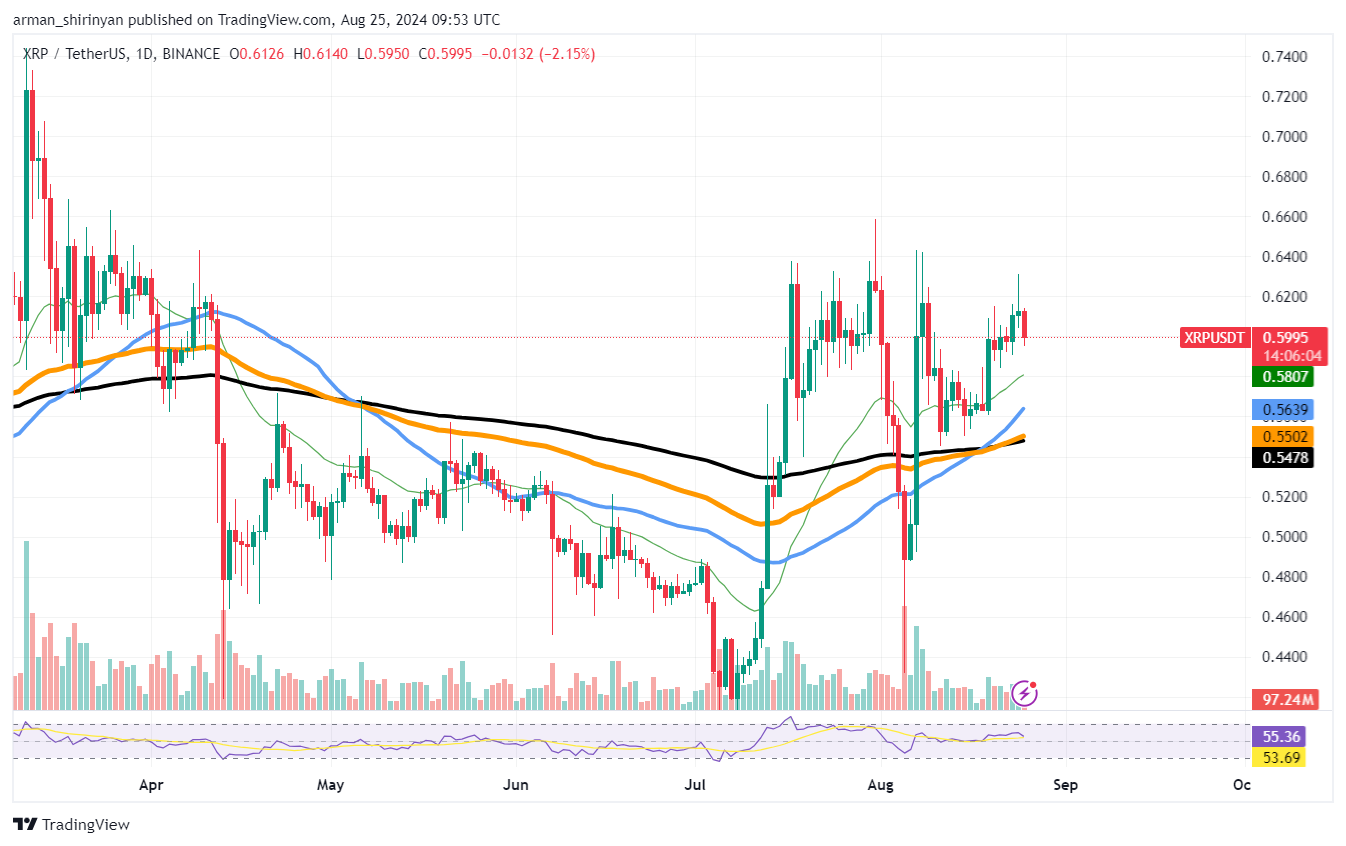South Korea is on the brink of a major financial development as the Democratic Party gets ready to introduce spot Bitcoin ETFs to the local market. This initiative reflects the party’s campaign promises and could radically change how cryptocurrencies are perceived and traded within the country.
Initial Moves Toward Regulatory Change
According to Blooming Beat, a local media outlet, the Democratic Party is pressing the Financial Services Commission (FSC) to reconsider the current ban on spot Bitcoin ETFs.
An official from the Democratic Party’s policy committee revealed plans to submit a formal request for an authoritative interpretation of Bitcoin spot ETFs once the 22nd National Assembly commences in June.
The Democratic Party has long advocated for integrating cryptocurrencies into mainstream financial products. A recent statement highlighted their commitment to enabling the issuance, listing, and trading of ETFs that utilize digital assets like Bitcoin as underlying assets.
Global Context and Legislative Challenges
Despite the enthusiasm surrounding Bitcoin spot ETFs, South Korean financial regulators have historically resisted their inclusion under the Capital Markets Act, which does not recognize virtual assets as valid underlying ETFs.
However, the international landscape is shifting. Following the U.S. approval of a Bitcoin spot ETF in January and the commencement of Bitcoin and Ethereum spot ETF trading in Hong Kong, there is renewed optimism that South Korea might follow suit.
The Democratic Party’s overwhelming victory in the recent general election, securing 175 of 300 seats, has strengthened confidence that their cryptocurrency-related initiatives will succeed. Still, an official noted that discussions on implementing these pledges have yet to start due to the new assembly’s pending inauguration.
The party plans to push for massive legislative changes if the FSC’s forthcoming interpretation remains unsatisfactory. Discussions are expected to start on the Second Stage Virtual Asset Act later in the year, and should those efforts falter, a proposal to amend the Capital Markets Act will be considered.
This amendment process, however, is not immediate and would involve extensive consultations and approvals, potentially delaying actionable changes by several months.







